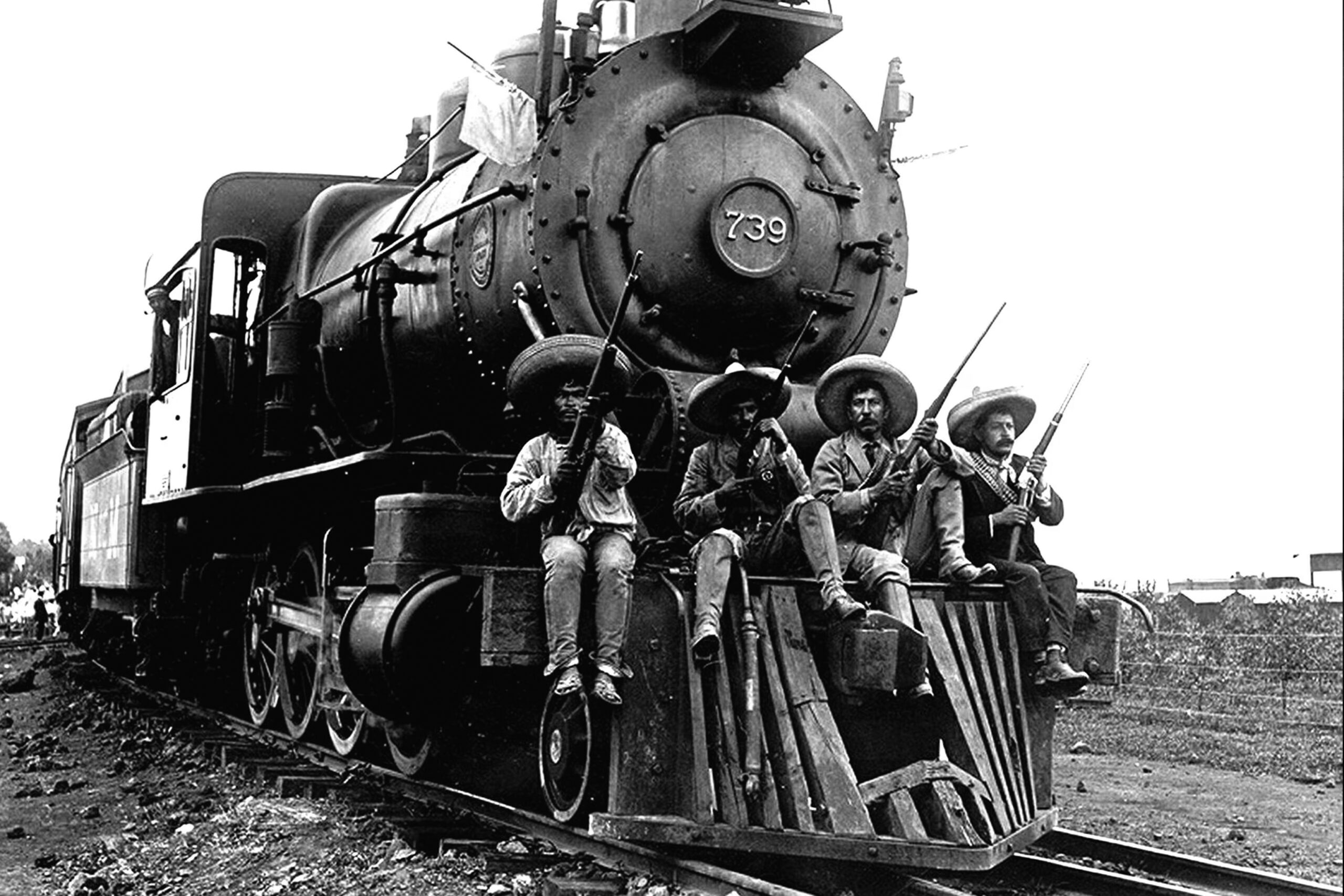Talking about Tren Maya: The Facts, Please
The piece/ As President López Obrador inaugurated the Tren Maya’s Campeche-Cancún line on December 15, the first passenger train service in the Yucatán Peninsula in decades, the BBC’s Will Grant criticized its ecological footprint in “Tren Maya: Mexico’s Yucatán mega train — world beating or environmental disaster?”
The claim/ The article’s main message is that the rail project is an environmental disaster. It cites the potential impact on delicate ecosystems in the rainforest, and on underground water caves called cenotes.
The back story/ The 930-mile railway is among several major public works AMLO says will jumpstart the region’s economy while building badly needed infrastructure. Most of Mexico’s passenger trains disappeared shortly after privatization decades ago, which in turn pushed up demand for (much dirtier) car and air travel. The railroad’s jungle route has raised valid questions from environmentalists and indigenous communities. What is often left out of the news coverage is that the government has addressed many such concerns, often modifying initial blueprints with route changes to protect flora, fauna, and residents. This helps explain the project’s general support among area residents.
Indeed, Benjamin Chim, whom Grant portrays as a kind of casualty — a Mayan farmer whose land was taken by the project without compensation — appears to actually be a Tren Maya supporter. Last year, AP News described someone with the same name and in the same town (who is “already employed by the Maya Train”) as saying “he doesn’t care” about losing “a bit of land” that had no value for him compared to the project’s economic promise for the region.
The bottom line/ Grant’s piece denigrates Mexico’s revival of train travel — which the European Union considers “overall the most environmentally friendly” transport mode — as little more than the whim of a “vainglorious leader.” He does not actually present a case against the role of rail in a nation’s development. Grant relies heavily on the ad hominem, is poor in data but rich in qualifiers (“Environmentalists… are horrified;” “deforestation… has been catastrophic;” etc.)
Like the project’s other mainstream English language coverage, what’s missing? Real data and the voices of the impoverished people in the nation’s South, a region long overlooked in terms of economic development, other than the tourist industry that has indeed been devastating for the environment.

